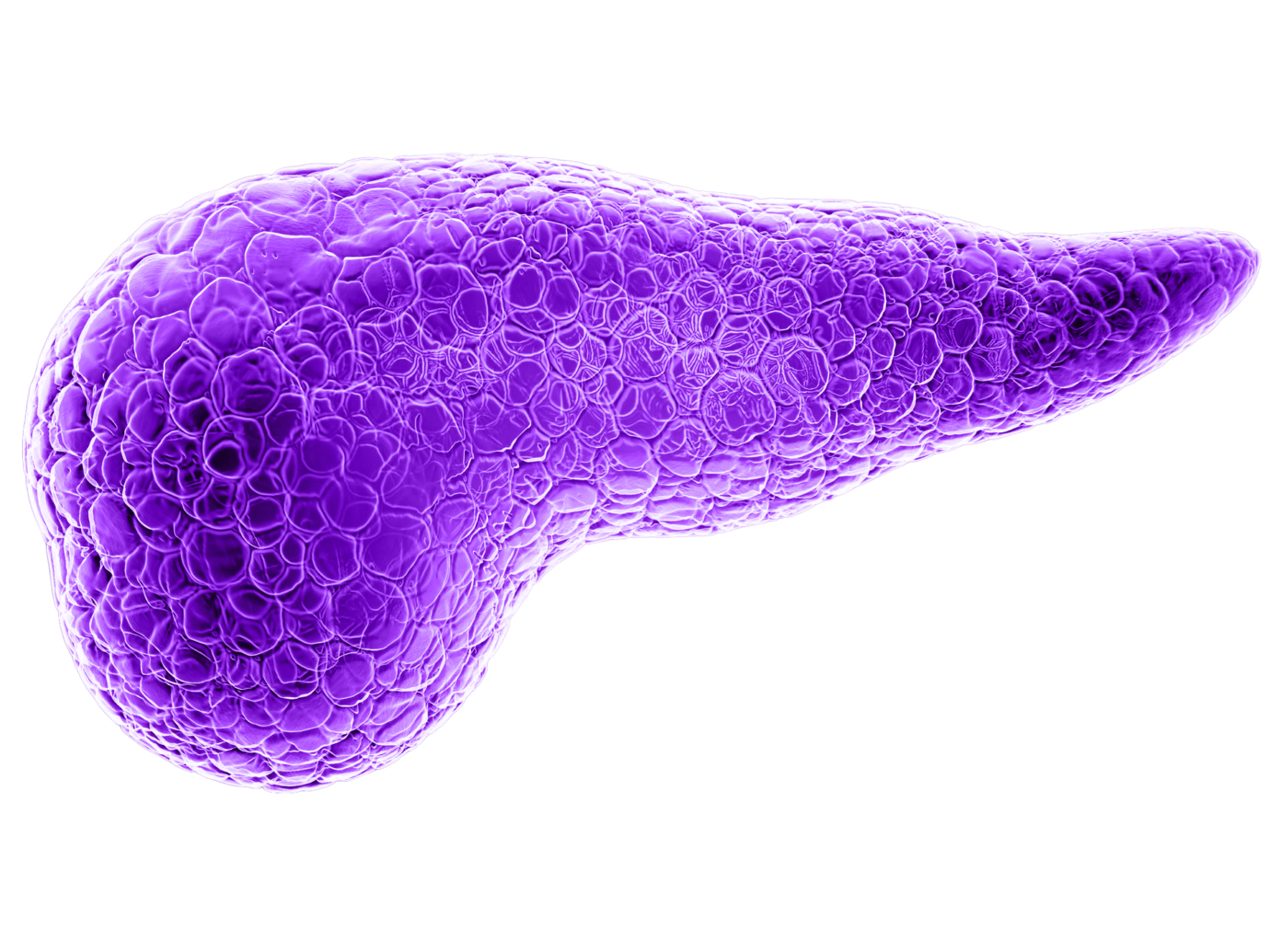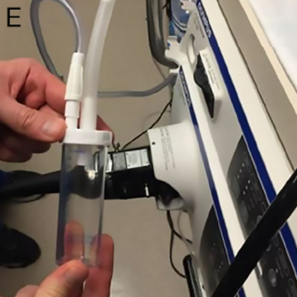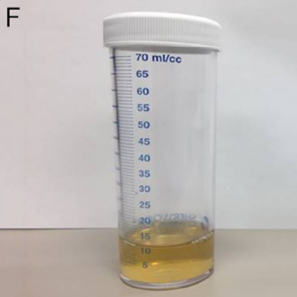
Geneticists & Oncologists
Problem
Some pancreatic diseases such as cystic fibrosis (CF), chronic pancreatitis, and pancreatic cancer make it harder for the pancreas to respond to secretin. When this happens, the pancreas can’t deliver enough digestive enzymes to the small intestine to help the digestion process. This is called pancreatic insufficiency. CF is a genetic disease. Additionally, pancreatic cancer indicates damage to the cells that produce pancreatic enzymes.
Geneticists and oncologists need to order several tests to diagnose pancreatic disease.

Solution
Medical professionals can collect fluid to perform a variety of DNA and genetic testing using pancreatic juice collected by ePFT.
As such, secretin has become the “gold standard” for Pancreatic Function testing, providing accuracy in diagnosing exocrine pancreatic disfunction.
Pancreatic fluid collected by the Pancreatic function test with Secretin is the most sensitive and specific test to detect early stages of exocrine pancreas dysfunction and disease, and diagnosis of gastrinoma (Zollinger-Ellison syndrome).

Guide to Pancreatic Juice Collection

Step 1:
The suction catheter is passed through the endoscope (Figure A).

Step 2:
The catheter is advanced until the tip is visible in the duodenal lumen (Figure B).

Step 3:
Intravenous secretin is administered, leading to pancreatic juice secretion (Figure C).

Step 4:
The suction catheter tip is immersed in pancreatic juice that pools in the duodenal lumen and suction is applied (Figure D).

Step 5:
A specimen collection trap is connected to the suction catheter for collecting the pancreatic juice (Figure E).

Step 6:
After collection, the trap is detached, capped, and transported to the research laboratory for processing and storage (Figure F).
Source: Pancreas Clinic – Overview – Mayo Clinic
Tests to Evaluate the Pancreas: ERCP, Abdominal Ultrasound & More (clevelandclinic.org)
- Cystic fibrosis. (2015, December 22)
labtestsonline.org/understanding/conditions/cystic-fibrosis - Mayo Clinic Staff. (2013, September 7). Pancreatitis
mayoclinic.org/diseases-conditions/pancreatitis/basics/definition/con-20028421 - Pancreatic diseases. (2014, December 19)
labtestsonline.org/understanding/conditions/pancreatic-diseases/ - Sebastian G. De La Fuente, Theodore N. Pappas, in Encyclopedia of Hormones, 2003


